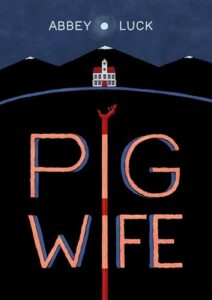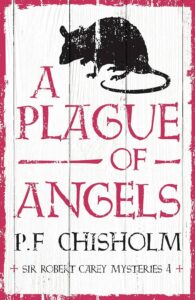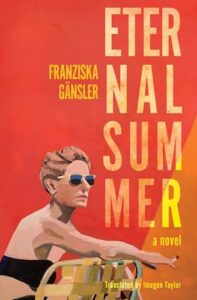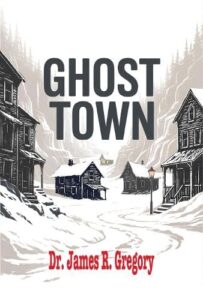The last roundup column of January features some terrific upcoming thrillers, as well as a few books I wish I’d been able to get to back in 2025.
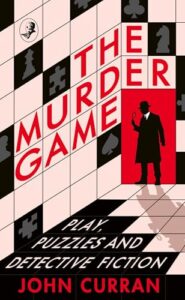 First up, we have a non-fiction examination of two of my favorite pastimes and one of the places where they intersect. John Curran’s The Murder Game examines the birth of the mystery genre and its explosion in popularity, coinciding with the mainstreaming of light intellectual pastimes like crossword puzzles and deductive board games. He posits that these trends were helped along by the sudden abundance of both leisure time and literacy, with curious minds hungry for stimulation.
First up, we have a non-fiction examination of two of my favorite pastimes and one of the places where they intersect. John Curran’s The Murder Game examines the birth of the mystery genre and its explosion in popularity, coinciding with the mainstreaming of light intellectual pastimes like crossword puzzles and deductive board games. He posits that these trends were helped along by the sudden abundance of both leisure time and literacy, with curious minds hungry for stimulation.
Dr Curran believes that the novels of the Golden Age of Detecting (essentially the 1920s and 30s) continue to be as popular as they were a century ago due to the fact that they’re essentially games set up between author and reader. There are unspoken rules best exemplified by the Fair Play movement, where all the clues to a mystery’s solution are laid out in the story such that astute readers should be able to figure out whodunnit alongside the fictional detective. He also examines the many different kind of games at play in the experience of reading, whether between detective and murderer, publisher and book buyer, or between authors themselves. It’s a fascinating study of the genre that provides real insight into the enduring popularity of Golden Age detective fiction and its many successors today.


